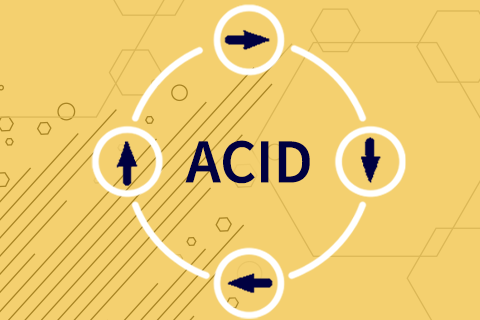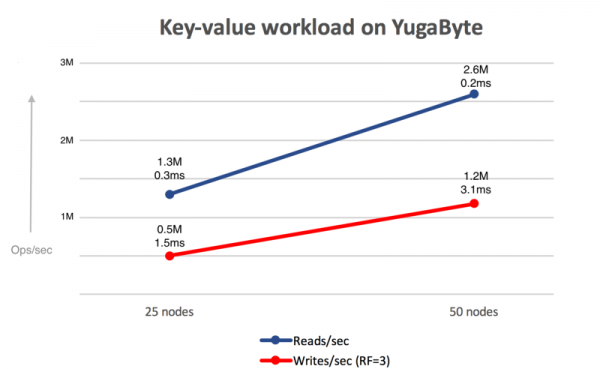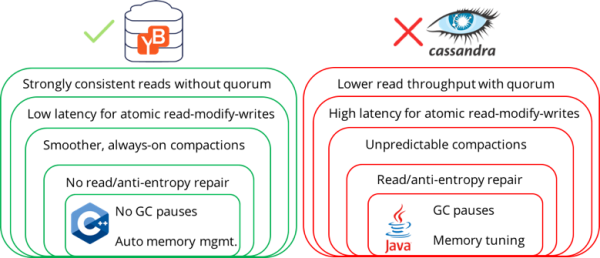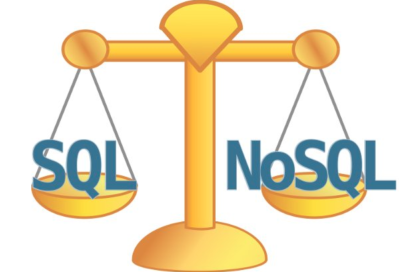Distributed ACID Transactions with High Performance
ACID transactions are a fundamental building block when developing business-critical, user-facing applications. They simplify the complex task of ensuring data integrity while supporting highly concurrent operations. While they are taken for granted in monolithic SQL/relational databases, distributed NoSQL/non-relational databases either forsake them completely or support only a highly restrictive single-row flavor (see sections below). This loss of ACID properties is usually justified with a gain in performance (measured in terms of low latency and/or high throughput).
…









